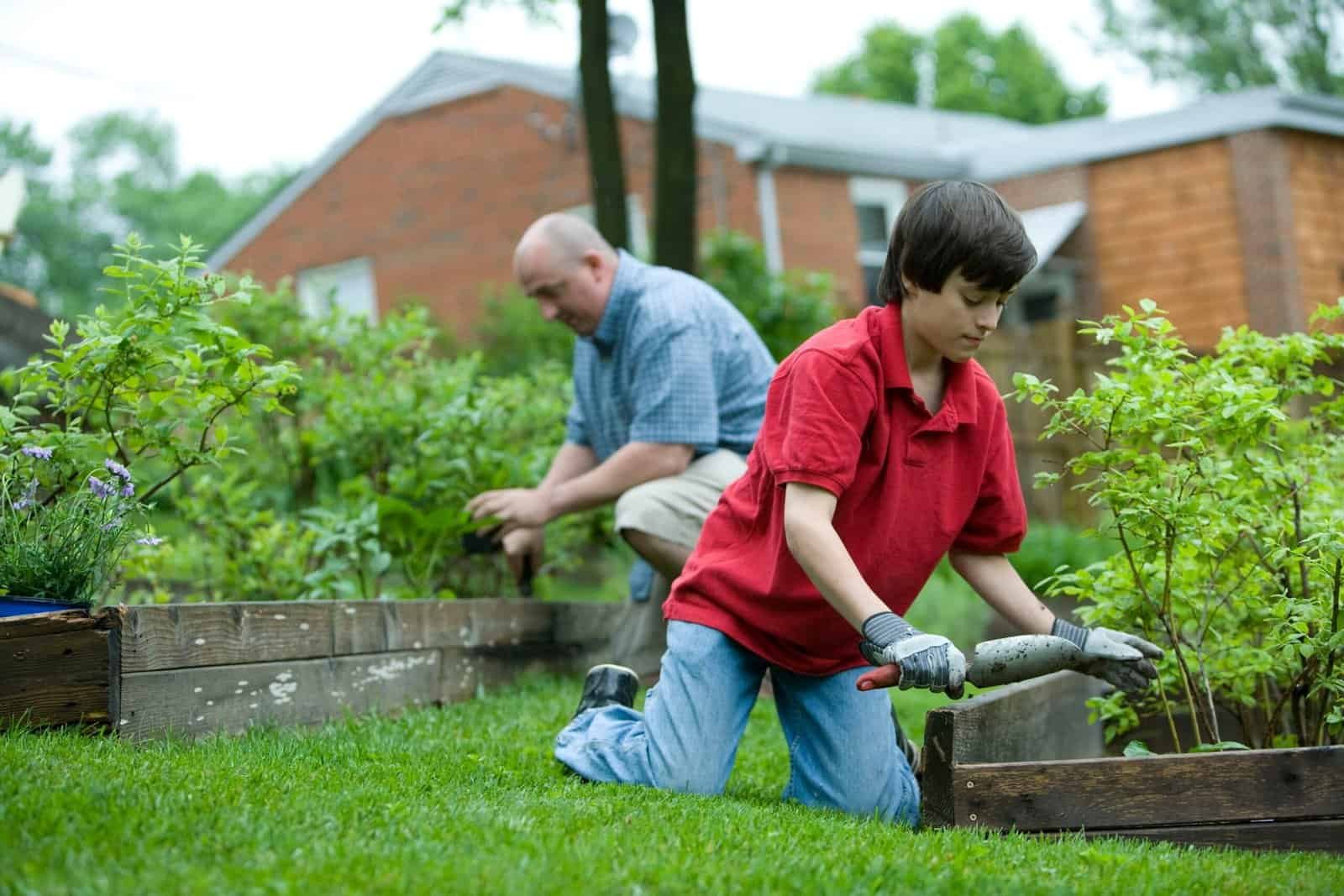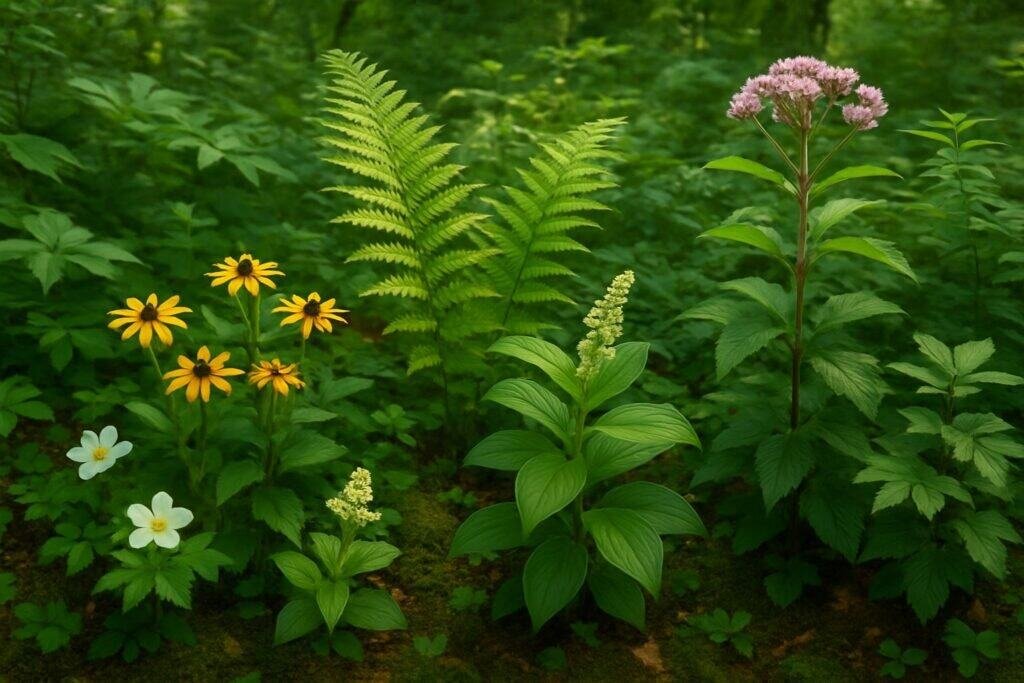Reducing Greenhouse Gas Emissions
Can Composting Help the Environment?
Composting is a natural process that converts organic waste into a nutrient-rich soil amendment, but can it also help the environment? The answer is yes, and in this blog post, we’ll explore the ways in which composting can benefit the environment.
Reducing Greenhouse Gas Emissions
One of the most significant ways in which composting can help the environment is by reducing greenhouse gas emissions. When food waste and other organic materials are sent to landfills, they release methane, a potent greenhouse gas, as they decompose. By composting these materials instead, we can prevent methane production and reduce our carbon footprint. In fact, a study by the United States Environmental Protection Agency found that composting can reduce greenhouse gas emissions by as much as 1.5 metric tons per year.
Improving Soil Health
Composting can also help improve soil health, which is essential for maintaining a healthy environment. When we add compost to our soil, we’re adding nutrients and organic matter that help to improve its structure, fertility, and biodiversity. Healthy soil can absorb and retain more carbon, which helps to mitigate the effects of climate change. Additionally, healthy soil can filter pollutants and prevent them from entering our waterways, which helps to protect aquatic ecosystems.
Conserving Water
Composting can also help to conserve water, which is a vital resource for our environment. When we add compost to our soil, it helps to improve its water retention capacity, which means that plants can access the water they need without requiring as much irrigation. This is especially important in areas where water is scarce, as it can help to reduce the amount of water needed for agriculture and other uses.
Reducing Waste
Another way in which composting can help the environment is by reducing waste. When we compost, we’re taking organic materials that would otherwise end up in landfills and turning them into a valuable resource. By reducing the amount of waste that ends up in landfills, we can help to conserve space, reduce greenhouse gas emissions, and protect the environment.
Supporting Biodiversity
Finally, composting can help to support biodiversity, which is essential for maintaining a healthy environment. When we add compost to our soil, we’re providing a source of nutrients for the microorganisms and insects that live in the soil. This helps to support a diverse ecosystem, which is essential for maintaining the health of our plants and our environment.
In conclusion, composting can help the environment in many ways, from reducing greenhouse gas emissions to supporting biodiversity. By incorporating composting into our daily lives, we can do our part to protect the environment and create a more sustainable future. So, can composting help the environment? Absolutely – and it’s up to us to make it happen.


